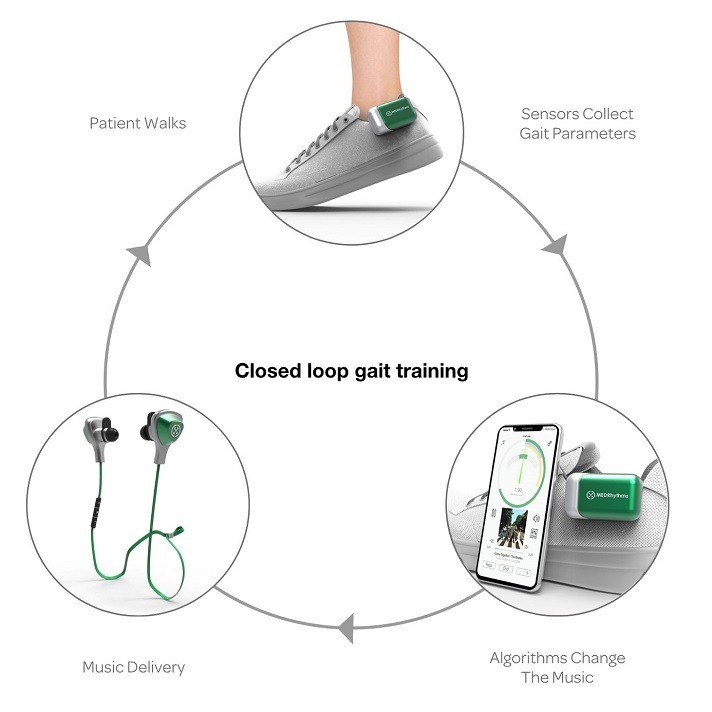Posts Tagged ‘neuroplasticity’
On physical activity, neuroplasticity, depression, screen time, neuromodulation and more
Welcome to a new edition of SharpBrains’ e‑newsletter, featuring this time eight scientific reports and industry resources plus a few fun brain teasers. #1. Study finds ultimate hack to protect teen brains from harmful screen time: Exercise (and good role-modeling): “Girls who spent less than an hour on screens and boys who spent less than…
Read MoreStudies find growing evidence linking weight, physical activity, neuroplasticity and depression
Being overweight can cause depression — and exercise is an antidote, dual studies confirm (Runner’s World): A large-scale study from the University of Exeter has found ‘robust evidence’ that being overweight hikes up your risk of developing depression – but as fresh evidence confirms, logging your morning miles is one of the most effective ways to…
Read MoreIntegrating music, movement and stroke rehabilitation, MedRhythms raises $25M to develop and commercialize digital therapeutic
MedRhythms raises 25m to get patients back in tune after a stroke (TechCrunch): MedRhythms secured $25 million in Series B funding to advance its digital therapy platform aimed at measuring and improving someone’s ability to walk after they have experienced a neurologic injury or disease … Company co-founder and CEO Brian Harris was a neurologic music…
Read MorePromote brain plasticity and keep your mind at ease by taking your daily “exercise pill”
As with many other physicians, recommending physical activity to patients was just a doctor chore for me – until a few years ago. That was because I myself was not very active. Over the years, as I picked up boxing and became more active, I got firsthand experience of positive impacts on my mind. I…
Read MoreStudy shows promising results of EEG-based brain training in helping adults with ADHD
Managing attention deficit disorder by training the brain (ScienceDaily): Attention Deficit Hyperactivity Disorder (ADHD) affects about 7% of children, with a two out of three chance of persisting into adulthood. This neurodevelopmental disorder is characterised by concentration difficulties, increased distractibility, impulsivity and hyperactivity. Today, ADHD is treated with pharmaceutical drugs that may have unwanted side…
Read MoreSystematic review calls for early targeted interventions to help babies and toddlers with cerebral palsy harness time window with maximum brain plasticity
Early targeted intervention ‘critical’ for improving outcomes in cerebral palsy (Healio): Early intervention for children with or at high risk for cerebral palsy should begin “as soon as possible” in order to build on “a critical developmental time,” according to results of a systematic review published in JAMA Pediatrics.
Read More




